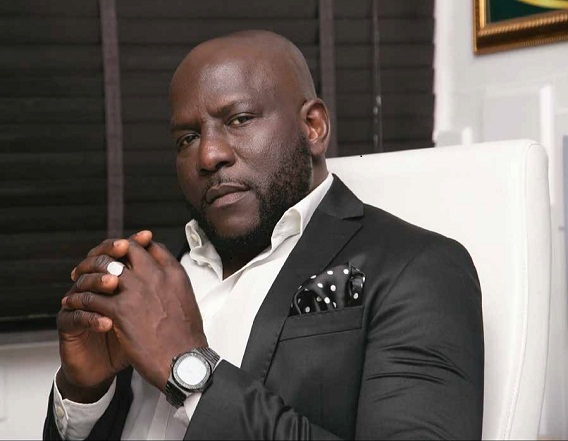By Felicia Nwosu
Aizehi Itua, Head of Brand Marketing Communication, Connect Marketing Services, has charged marketing professionals to draw lessons that can help in creating marketing campaigns from the just concluded 2023 presidential elections. He urged them to explore some of the critical marketing lessons from the exercise.
The lessons, he mentioned, include understanding the audience, building a strong brand, using social media effectively, and focusing on messaging.
“Growing values should be tracked as well so that marketers can gain new insights into how to build brand relevance with their consumers, who have to change values that will shape pop culture as we know it. This may sound cliché, but digital marketing should never be underestimated, but should be rather effectively leveraged to achieve desired marketing results. Applying these lessons to their marketing campaigns will help professionals develop more persuasive campaigns that connect with their target market and boost revenue and brand loyalty,” he said.
The experiential marketing expert pointed out that the just concluded presidential election was a keenly contested one, with several candidates jostling for the top job. Having studied the electoral scenario as BTL a professional, he confirmed that it was the narrowest margin in any presidential election in Nigeria in a long time. He, however, agreed that each camp’s campaign team employed several integrated marketing communication strategies to ensure success among the top players.
“First, we saw the emergence of new Nigerian voters with factors such as increased internet penetration of over 38% of its population in 2022. According to Statista, a high youth population increased political participation with 39.68% of registered voters (18–34). The Independent National Electoral Commission (INEC) opened our eyes to a new youth target behaviour with increasing interest in politics, fuelled by their access to information with a focus on social media.
“This highlights their motivation and some of the factors that influenced their choice of candidate. This also establishes the power of digital media and its ability to set the agenda as well as influence human decisions, and we saw that come to life in shaping the perception of these candidates. In this regard, camps were creating and leveraging communities,” he said.
Itua elaborated how various channels were deployed to engage the voters all through the season to gain their political interest.
“Furthermore, we saw the strategic use of social media and viral strategies come into play. During the course of the campaign, rhetoric and phrases such as “hulabalu,” “bluba,” and “go and verify” went viral, with camps riding on this to increase talkability and relevance for their candidates. The perception management game from all camps was top-notch, despite the increasing negative sentiments that sprung up from time to time as expected. We observed memes and video content created to also shape perceptions and influence voters.
“These viral strategies were seen as being aided by influencer marketing and attempts to leverage passion points to establish a preference. Music and other forms of digital art were widely used on the internet as well as at rallies. The top social media platforms, such as Twitter, Facebook, WhatsApp, and Instagram, were used for this purpose effectively. As to be expected, this did not make traditional media and above-the-line channels irrelevant because they were still used to support the successful digital strategies put in place.”
The brand builder reiterated the importance of storytelling in creating campaigns that are emotive enough to win the attention and support of the electorates.
“In addition, we saw textbook storytelling and brand building brought to life. The underdog story is always a winner in every story as it brings suspense, intrigue, and hope to the audience. While this was not a Nollywood or Hollywood movie, the tale of the possibility of an underdog contending with political giants was a narrative the Labour Party and the Peter Obi camp rode on. More victories at the national assembly were achieved by the Labour Party team as a result of leveraging the brand equity of their presidential candidate. They had a good story to tell, which made this possible. Despite being referred to as the “social media president,” the results further showed the impact of digital marketing as an external trigger for persuasive communication,” he said.







Comment
No comments found.